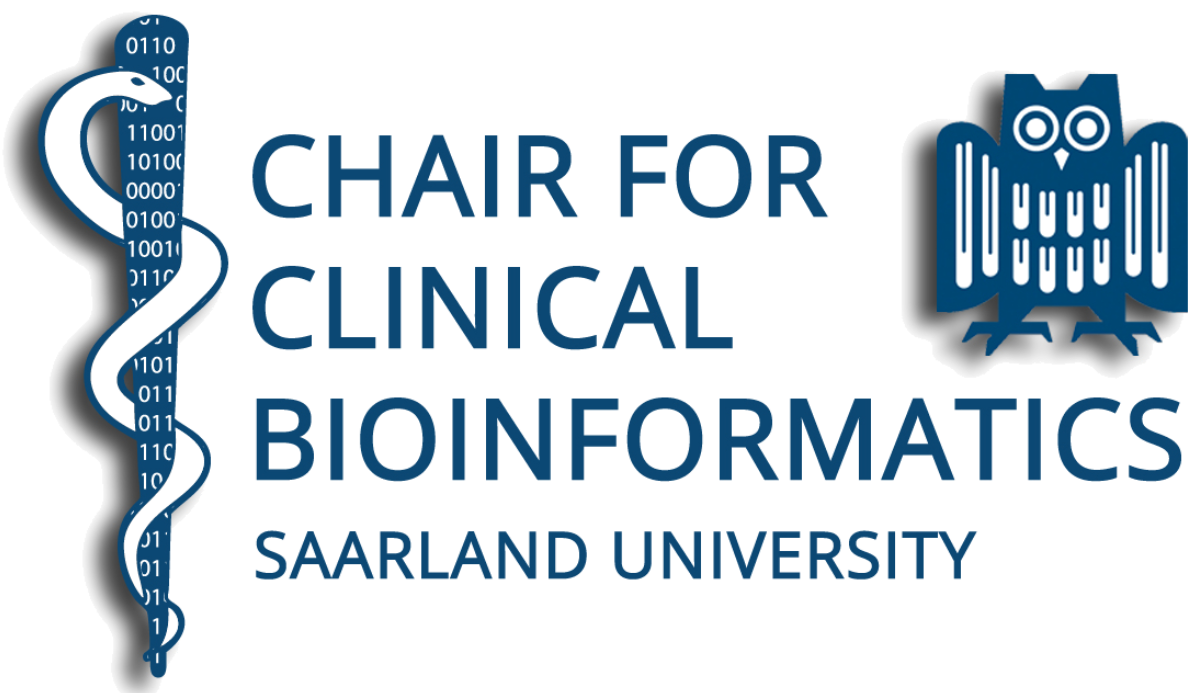Overview: This is a block pro-/seminar covering topics related to research in microbiology including studies of bacteria and viruses, isolates and microbiomes.
News: Topics have been assigned.
All meetings and talks will be held via Microsoft Teams.
Tutors: M.Sc. Georges Schmartz
Key dates:
| Registration * | 26.04. – 16.05.2021: REGISTER HERE |
| Kick-off meeting [mandatory] | 08.06.2021, 10:00 remotely via Microsoft Teams |
| Deadline to register in HISPOS OR de-register from seminar * | 29.06.2021: REGISTER HERE |
| Deadline for feedback ** [optional] | 06.09.2021 |
| Presentations | 15/16.09.2021, 10:00 remotely via Microsoft Teams |
| Summary submission deadline | 22.09.2021 |
* If you want to deregister from the seminar, please send the tutor an email irrespectively whether you (de)registered in HISPOS or not.
** If you would like to get feedback about your slides, e.g. to improve your presentation before the talk, send your slides to the tutor before the feedback deadline. We strongly encourage you to take this opportunity. When asking for feedback the more complete the submitted presentation the more helpful our feedback can be. Thus, try to avoid submitting half-finished slides. Feedback will be provided at least once but at most twice per participant. Also, before sending in the slides, check out our support materials (presentation guidelines, presentation guidelines checklist). You must hand-in a (digital) copy of the completed guidelines checklist at latest when performing the presentation.
Please note: Your slides will make up a substantial part of the final grade. Reading and paying attention to the provided presentation guidelines will help you to get an impression of which aspects are relevant for the evaluation. Disregarding many of the points listed in the guidelines may negatively affect your grade.
Place and Time for Presentations:
- Online (Microsoft Teams), at 10 am.
Requirements for participation (Bioinformatics):
- Proseminar: at least in 3rd semester, Bioinformatics I
- Seminar: no pre-requisites.
Good language skills are presumed as all talks will be held in english language.
Certificate requirements:
- Successful presentation:
- Talk: 30 minutes for a Pro-seminar and 40 minutes for a Seminar
- Discussion: 5 minutes during which you should be able to answer questions from the tutor(s)/audience
- Attendance to all presentations is mandatory
- Submitting a summary (may have an impact on the final grade):
- Short description of the presented topic(s)
- Ca. 2 pages of text, excluding title (page), references, figures, tables etc..
- No figures, tables or formulas required
- Main structure: title page, main text (with or without subsections), references
- It is recommended to write the report using LaTeX in order to train scientific writing
Final grade:
- Primarily based on the given presentation & follow-up discussion
- Might be influenced by the quality of the submitted summary report
Topics
All manuscript files are either open-access or available via the university network using a secure VPN connection.
Recommended readings
Students who either have a shallow understanding on the topic and / or want to prepare for the course should consider reading the following papers:
